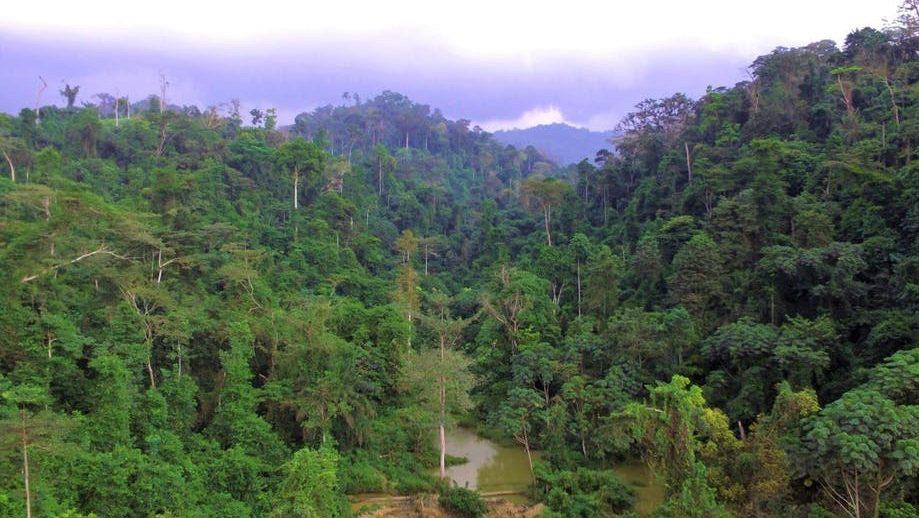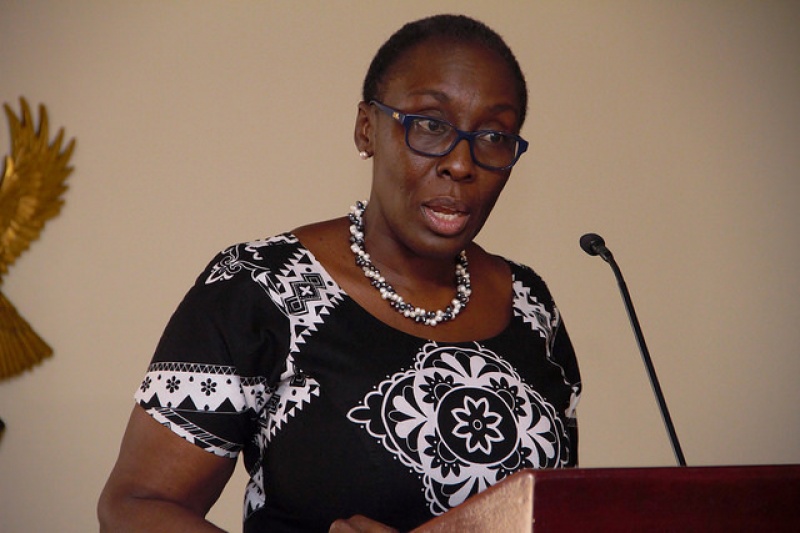The Attorney General (AG), has said that, not the entire Atewa Forest is a Globally Significant Biodiversity Area (GSBA) and with the adoption of responsible and environmentally friendly techniques, no environmental havoc would be caused to the Atewa Forest after the mining.
The AG said that, various institutions including the Environmental Protection Agency and GIADEC would ensure the protection of the environment through sustainable mining practices.
The statement came after the Attorney General asked the Accra High Court to dismiss the case against government’s plan to mine bauxite in the Atewa forest range.
The case filed by seven Civil Society Organizations (CSOs) and four other individuals, in July this year, jointly sued the government over the exploration and drilling of deep wells in the Atewa Forest Reserve.
They accused government among other things of searching or prospecting for minerals on or over land within the Atewa Forest Range without a mineral right and in flagrant abuse of the Mineral and Mining Act.
A statement of defense filed by Mrs Dorothy Afriyie Ansah, Chief State Attorney on behalf of the AG, denied the claim that government had started searching for minerals within the Atewa Forest Range without a mineral right.
The state further denied that government refused to engage communities and environmentalists who maintained that strip mining was not sustainable.
The AG explained that the government would utilize a portion of the Atewa Forest and therefore licensed an area constituting 1.95% of the Atewa Forest to be mined.
It further said the government had put in measures to protect the environment.
The AG also noted that, government had set up a Standing Committee, which comprised various mining and environmental regulatory agencies to ensure optimum adherence to responsible and sustainable practices that will protect water bodies and spices within the mining area.
The AG argued that many countries had successfully conducted mining activities in Forest reserves such as Amazon Rain Forest and Jarah Forest under well supervised sustainable mining practices.
According to the AG, mining activities was successfully conducted in some forest reserves in Ghana and Environmental and Social Impact Assessment (ESIA) had been conducted to ensure proper reclamation and afforestation projects in mining areas.

The AG noted that bauxite mining was only done on surface of about “4m to 15m”.
Some private individuals and CSOs in July filed a suit against the government in July this year, over the exploration and drilling of deep wells in the Atewa Forest Reserve.
They said that, the government, acting through the Ghana Integrated Aluminum Development Cooperation (GIADEC) entered the Forest in May 2019 to explore for bauxite by drilling deep holes causing damage to the Forest which protects the watershed for three major rivers and several streams serving water to more than 5 million Ghanaians.
As a result, they said, they were seeking an order compelling the government and its agents to declare the Atewa Range Forest (ARF) as a “Protected Zone” and take steps to protect the forest in accordance with its constitutional obligation, as contained under Article 36 (9) of the 1992 Constitution.
They were also seeking an order directed at the government to restore and pay cost for the restoration of damage that had been caused to the ARF and a declaration that the mining of bauxite in the ARF violates the right to life and dignity, as enshrined in the constitution.
According to them, the right to life and dignity, as enshrined in the Articles 13 and 15 of the constitution, included; the right to have the environment protected for the benefit of the present and future generations.
They were therefore, hoping for the court to restrain government, its agents, workmen, and guarantees from undertaking mining and its related activities in the forest.
They further revealed that, they were not against government’s quest to mobilize revenue by exploiting Ghana’s natural resources for national development.




















